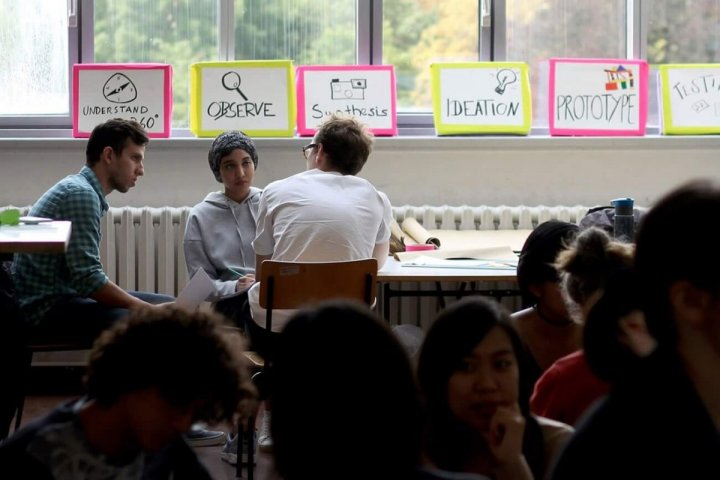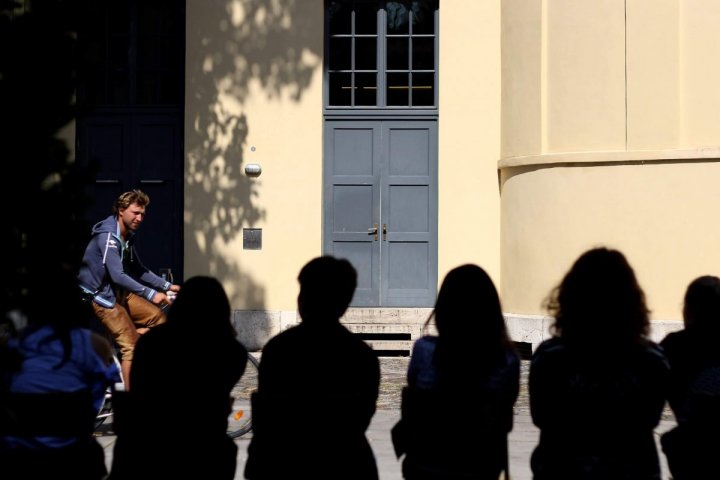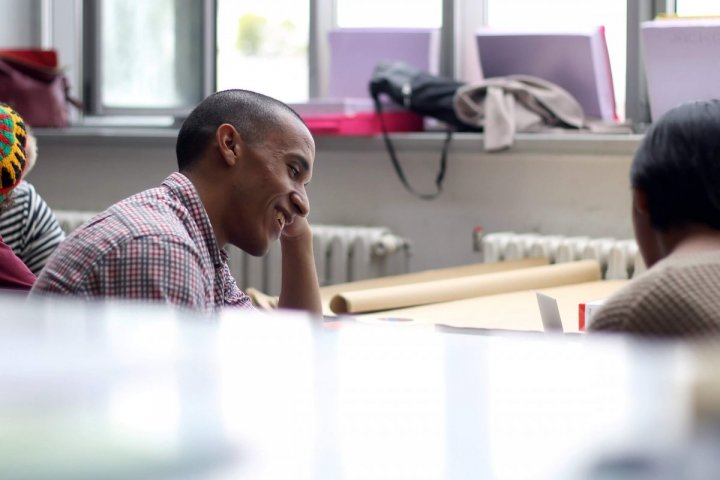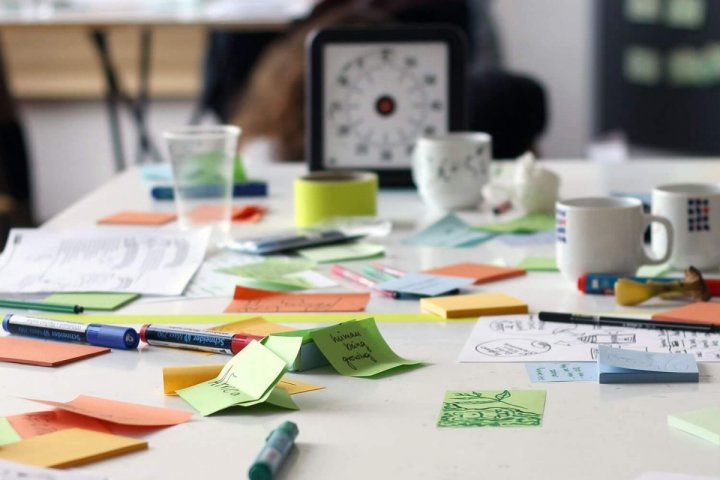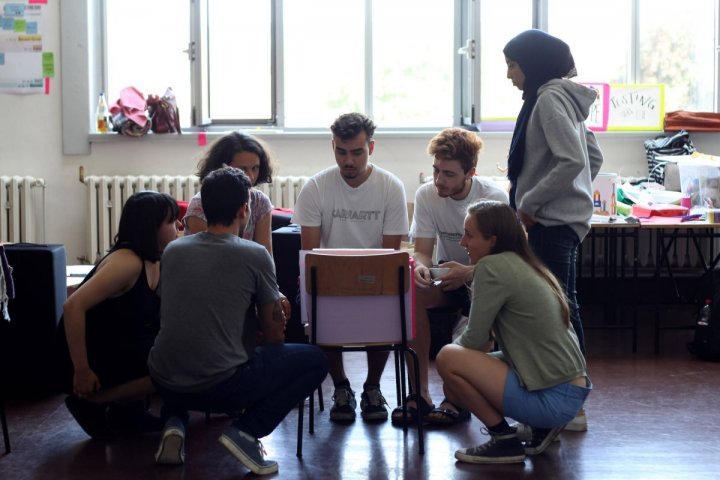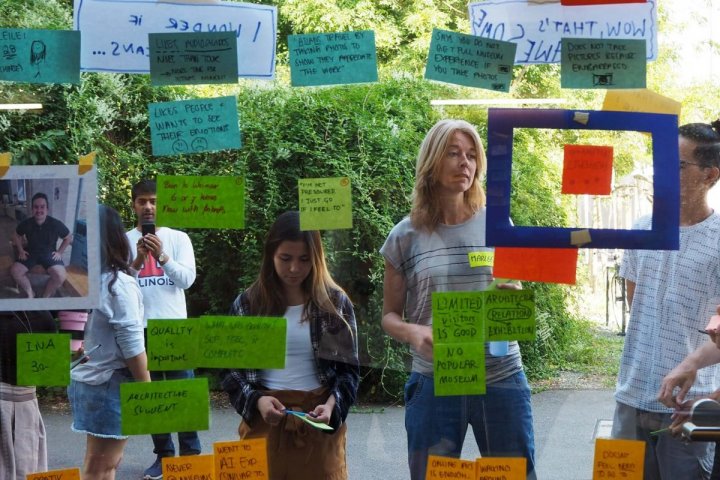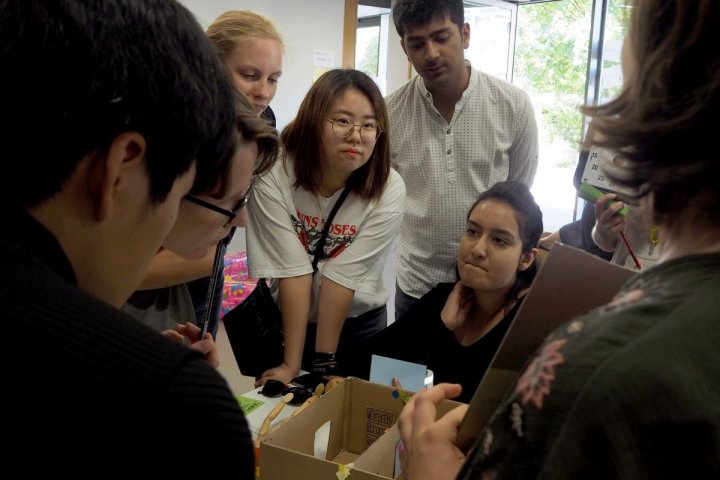Bauhaus Summer School
Design Thinking Deep Dive
The Bauhaus Summer School is a inspiring destination for students to broaden their mindset. We designed and executed a Design Thinking course for internationals who look for the right skills for their future work-life.
Client
Bauhaus-Universität Weimar
Collaboration
- Carolin Scheffler
- Nele Hiller
- Ariel Orah
- Lisa Günther
Services
- Mentoring of Design Thinking coaches
- Design Thinking education combined with Circular Design principles
- Enabling of creative teams based on Agile methods
2017—2018
We designed, organised and executed two courses for the Bauhaus Summer School. A Design Thinking Deep Dive for 2 weeks of in-depth training and experimentation for 20+ international students from different backgrounds in 2017 and 2018.
In 2018 we collaborated in the design of a training of 30+ students from the Beijing Normal University in China in sustainable user-centric design, using a mixture of Circular Design practices and Design Thinking.
Our activities
- Design of programme
- Selection of participants
- Mentoring & briefing of coaches
- Design and production of materials
- Daily briefings and reflection
- Documentation and post-reflection of course
- Design and creation of space for group and teams
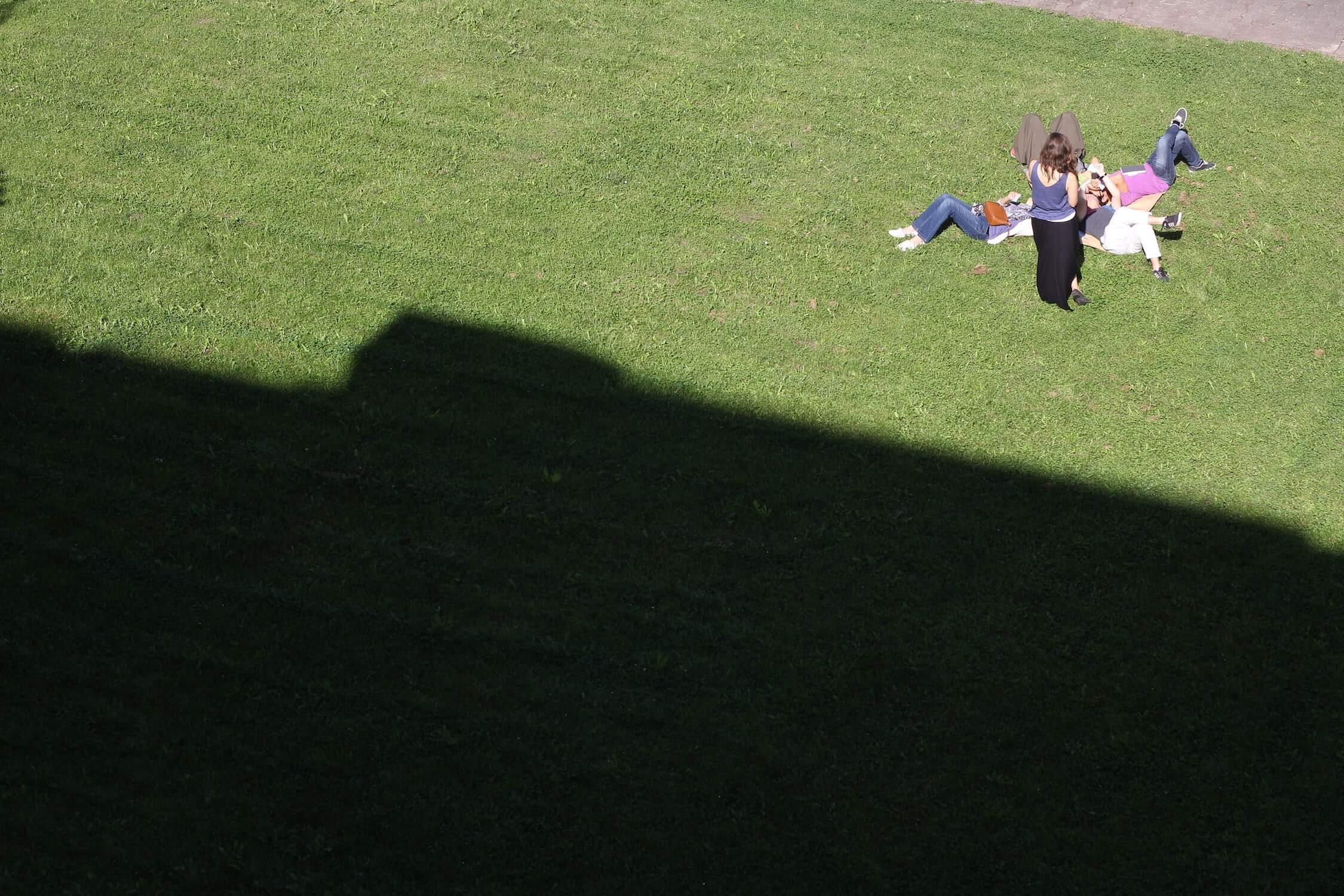
Collaboration and Intercultural Sensibility
The coaching-team mixed and created new methods on the spot to guide the teams on how to combine the users’ and the environmental needs into sustainable solutions. All this while addressing the students’ needs regarding language barriers and their cultural understanding of collaboration and teamwork.
Equipping Students for Future Work
Our aim was to empower students to organise the creative process and teamwork activities, since this is not part of their education. We used agile frameworks and methods, like Check-In/Outs, Stand-ups and Self-organized Agendas for them to practice collaboration and take ownership.
Creating a safe learning environment for trying out new things
Our focus was to create an atmosphere where failing and learning from that is a desired option. We achieved this by creating a warm, open and trusted exchange between participants and coaching team, encouraging and guiding constructive feedback as well as an optimistic mindset.
Method Experiments
We incorporated break-out-sessions into the programme which give students the possibility to explore and reflect their design process together. We designed methods to gain data with all of their senses and make sense with bodies. Our aim was to show the broad range of communication and sensemaking that is available to us human beings, apart from speaking to each other and writing text.
Mentoring of Coaches
During the class, the teams of students were coached by alumni of HPI D-School in Potsdam. We provided on-the-fly mentorship, as well as daily briefings and reflections on methods, culture and coach-to-team interaction, for the coaches to guide the student teams.
